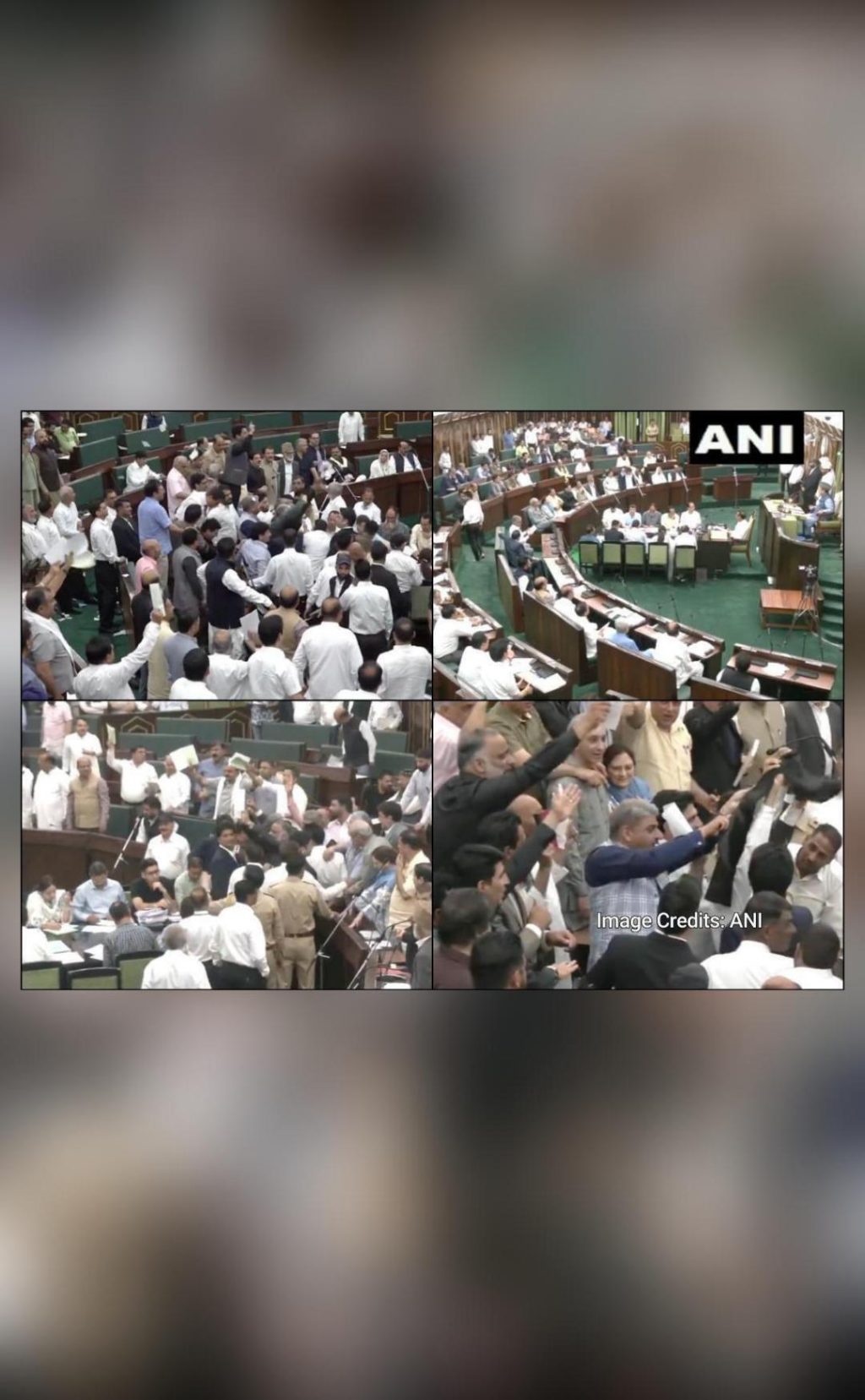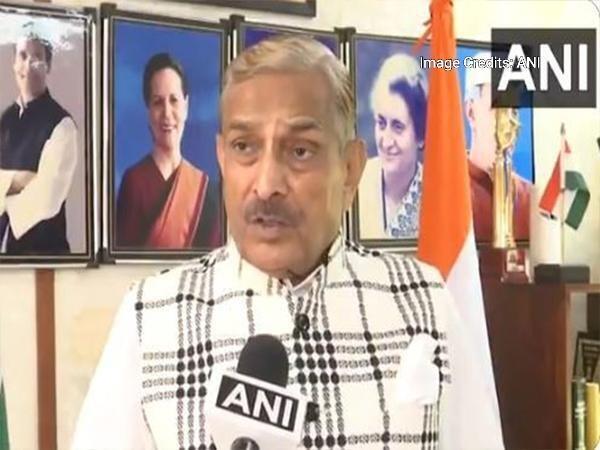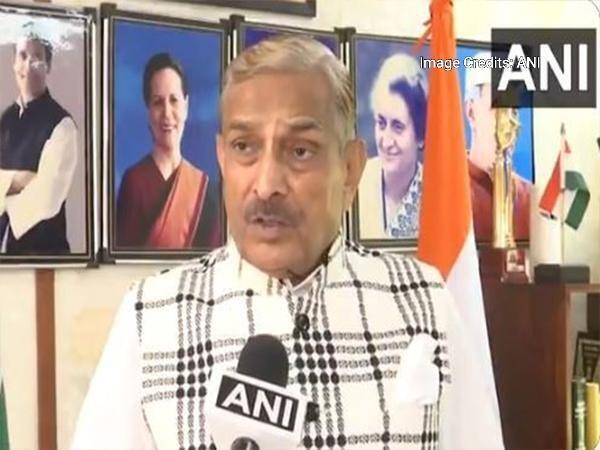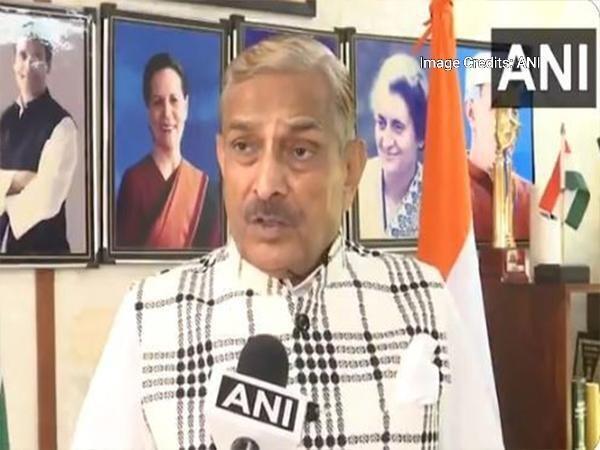
Title: Jammu & Kashmir Assembly adjourned amid uproar over Waqf Act
The Jammu and Kashmir Assembly witnessed a tumultuous session on Monday, with the House being adjourned after an adjournment motion on the Waqf Act was denied by Speaker Abdul Rahim Rather. The development came after National Conference (NC) MLAs moved a motion to adjourn the Question Hour to discuss the Waqf Act, a move that was vehemently opposed by the Bharatiya Janata Party (BJP).
The drama unfolded when NC MLAs, led by party leader and former Chief Minister Omar Abdullah, approached the Speaker’s chair and requested an adjournment motion to discuss the Waqf Act, which has been a contentious issue in the state. However, Rather denied the request, citing that the motion was not in accordance with the rules of the House.
The NC MLAs were incensed by the Speaker’s decision and began to protest, shouting slogans and demanding that the Waqf Act be discussed. The BJP, however, saw an opportunity to counter-protest and demanded that the Question Hour be held as scheduled. The standoff between the two parties soon turned into a full-blown uproar, with both sides refusing to back down.
As the chaos escalated, the Speaker tried to intervene, but it was too late. The House was already in disarray, with MLAs from both sides refusing to listen to each other. Eventually, Rather was forced to adjourn the House, bringing an end to the session.
The Waqf Act has been a source of tension in Jammu and Kashmir for some time now. The Act, which was passed by the previous Omar Abdullah-led government in 2013, aims to regulate and manage the Waqf properties in the state. However, the Act has been criticized by many, including the BJP, who claim that it is biased towards a particular community and violates the principles of secularism.
The BJP has been demanding the repeal of the Act, claiming that it is unconstitutional and goes against the interests of the majority community in the state. The party has also accused the NC of trying to impose its own brand of secularism on the state, which is not acceptable to the people.
The NC, on the other hand, has defended the Act, saying that it is necessary to protect the Waqf properties and ensure their proper management. The party has also accused the BJP of trying to polarize the state on communal lines, which is a serious threat to the peace and harmony of the region.
The adjournment of the House on Monday has once again highlighted the deep-seated divisions in the state. The Waqf Act has become a symbol of the political polarisation in Jammu and Kashmir, with the NC and the BJP refusing to budge from their respective positions.
The situation is made more complicated by the fact that the state is currently under the governor’s rule, which has limited the powers of the Assembly. The governor, Satya Pal Malik, has been trying to revive the political process in the state, but the stalemate over the Waqf Act has made it difficult for him to do so.
In the wake of the adjournment, the situation in the state is likely to remain tense. The NC and the BJP are expected to continue their protests and demands, which could lead to further confrontations in the Assembly. The governor’s office is likely to try to find a way to resolve the issue, but it remains to be seen whether a compromise can be reached.
In conclusion, the adjournment of the Jammu and Kashmir Assembly on Monday was a result of the deep-seated divisions in the state. The Waqf Act has become a symbol of the political polarisation in the state, and it remains to be seen whether a solution can be found to this contentious issue. The situation is complex and sensitive, and it requires careful handling to avoid further unrest in the state.






